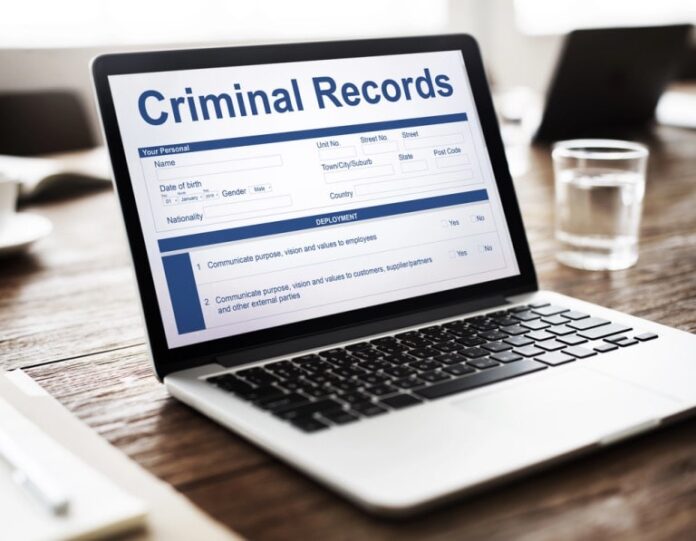Certain types of crimes can be expunged (meaning cleared) or sealed (meaning hidden) from your record. However many crimes will stay on your record for seven years or even longer, depending on the type of crime committed. In most states, serious offenses like felonies and potential sex offender status are an indefinite part of your criminal record and will be visible for a long time.
In this article, we discuss whether your criminal record clears after seven years and share steps you can take to potentially expunge your old records.
How Long Do Arrests and Convictions Stay on Your Record?
Unfortunately, the belief that criminal records cease to exist after seven years is a misconception. The seven-year limit typically refers to credit history reporting and bankruptcies on your record, not criminal records. Unless you get your criminal record expunged, which can be an expensive and complicated process, convictions won’t simply disappear from your official record.
In general, arrests and convictions both stay on your record until you request an order of nondisclosure (which doesn’t remove them from your records) or have them expunged.
If you choose to request an order of nondisclosure, information about the crimes committed will remain on your record, but this information will not be accessible to the public. This effectively seals your criminal record, and only law enforcement agencies will have access to this information.
Expungement, on the other hand, involves the complete removal of records related to a criminal conviction. This act completely erases the expunged items from the public record.
How to Have a Record Expunged?
To have your criminal record expunged, you first need to find out the eligibility criteria, something that varies depending on your state, the specific jurisdiction, and the type of criminal offense committed. Before you go to court, make sure you have all your documents ready, such as court records, sentencing papers, and any probation or parole completion certificates.
You’ll have a much better chance of having your records expunged if you can prove in court that you haven’t committed any crimes since the conviction, or if you were acquitted of the charges.
Once you have filed all the relevant documents, you may need to attend a hearing where a judge will review your petition for expungement.
If your expungement is approved, make sure to confirm the order and ensure that the relevant agencies update their records accordingly. You can also check your criminal record with a tool like UnMask to make sure that the proper updates were made.
It is generally a good idea to hire an attorney to advocate for your rights during this process, as the expungement process can be very complex and overwhelming.
Can Employers See Expunged Records?
Generally speaking, employers should not be able to see expunged records. Once a record has been expunged, it is erased from public view, which means it won’t appear on standard background checks.
However, expunged records are still accessible to certain government or law enforcement agencies. If you plan to apply for a job that involves security clearance or government contracts, then there is a possibility that the company you apply to will be able to request to see expunged records.
Some industries, like those in finance or healthcare, might have rules that ask for the disclosure of expunged records during background checks. It’s important to know what’s needed in the industry you’re applying to and get legal advice if you’re worried about how expunged records could affect your job application.
Keep in mind, though, that employers can’t hire or fire people based on expunged records because, in the eyes of the law, those records no longer exist.
If you want to see what an employer will see when they run a background check on you before it actually happens, we recommend using a reverse people lookup tool to check your criminal record history.
These tools get their data from public records, so you’ll be able to see if there are any criminal records that might appear during an employer’s background check. If an expunged or sealed record appears, you can talk to your employer during the interview and explain that the record has been legally cleared or sealed.
Speak to a Lawyer About Your Criminal Record
Unfortunately, your criminal record doesn’t automatically clear after seven years. If you’re trying to get a criminal record expunged, it’s a good idea to speak to a lawyer who specializes in criminal law, especially if you have a felony or other complex crime on your record.
Having a record sealed or expunged can make a world of difference when applying for jobs, and it’s the best way to get as close to a clean slate as possible.
